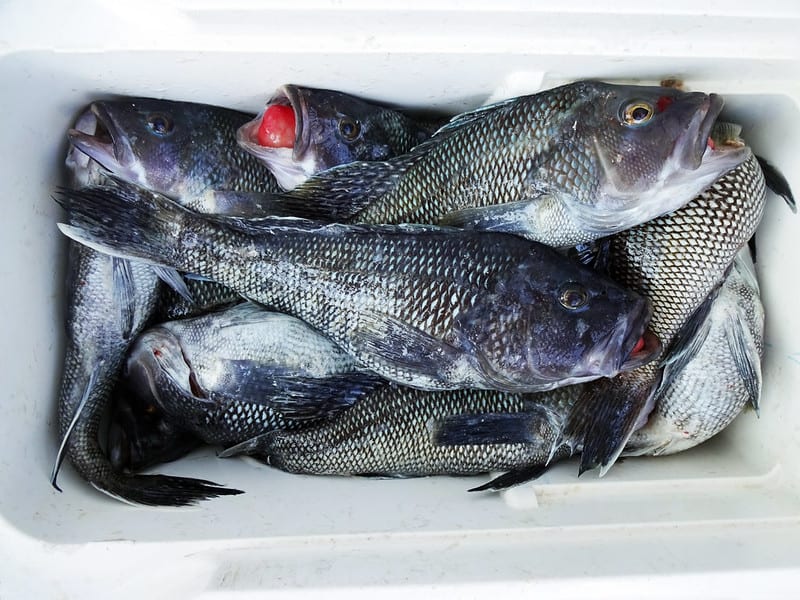The State of Maryland is suing a paper mill company over waste known as “black liquor” that is seeping into the North Branch Potomac River.
The Maryland Department of the Environment (MDE) put the owners of the Luke Paper Mill, close to the West Virginia line in Allegany County, on notice that it intends to file a federal lawsuit.
The black substance produced by paper pulping is caustic and corrosive, and can cause severe skin and eye burns and respiratory problems. It may also contain coal ash.
The Luke Paper Mill, operating since 1888, closed last April. But the black liquor continues to seep from a riverbank at the paper mill and into the river. MDE plans to file suit under federal hazardous waste law to stop the discharge and prompt the former paper mill’s owners, Verso Luke LLC and Verso Corporation, to clean it up.
MDE’s federal lawsuit follows an Allegany County Circuit Court lawsuit it filed, together with Maryland Attorney General Brian Frosh, in December. That suit seeks an order requiring Verso to stop discharging pollution into Maryland waters, post warning signs, remediate any harm caused by the discharges and pay civil penalties.
“Seepage into the Potomac River from the paper mill jeopardizes the health of fish and wildlife, and the health of citizens,” said Maryland Attorney General Brian E. Frosh. “We intend to file suit in federal court to halt further damage and force the company to take action to repair the damage that has been done.”
The “pure black waste” seeping into the North Branch was first reported by an angler in April, around the same time that the mill closed. MDE’s sampling found metals such as mercury and boron in the water, along with high pH, sulfur and sodium levels.
Upper Potomac Riverkeeper Brent Walls says state reports show evidence that liquor seepage had been going on for years. Walls says the pollution found in the water could have toxic implications for anyone eating fish caught nearby. And, he points out, the North Branch Potomac is a supply river for drinking water for Washington, D.C., reaching more than six million people.
The pulping liquors were stored in tanks on the West Virginia side of the river, and in November, the West Virginia Department of Environmental Protection ordered Verso to empty the tanks on its side on the river. That’s when, MDE says, Verso piped the black liquor to its tanks on the Maryland side.
The Potomac Riverkeeper Network sent Verso its own letter of intent to sue in federal court, and the company has 90 days to respond to each lawsuit before it is officially filed. Walls tells Bay Bulletin it’s likely the federal judge who gets both actions will combine the state’s and the riverkeeper’s cases.
And that may work in their favor. “A nonprofit and the state supporting each other makes for a much stronger case,” Walls explains.
Verso has not responded to Bay Bulletin’s request for comment, but according to MDE, the company submitted a “Remedial Investigation & Corrective Action Plan” describing the company’s next investigative steps, and has also put up signs reading “Restricted Area, Do Not Enter.”
However, MDE says to give the public a proper warning, the signs should read, “Keep Out, No Trespassing, Hazardous Materials Present, Do Not Drink of Have Contact with the Water in the Immediate Area.” MDE says those warnings haven’t been added.
-Meg Walburn Viviano




